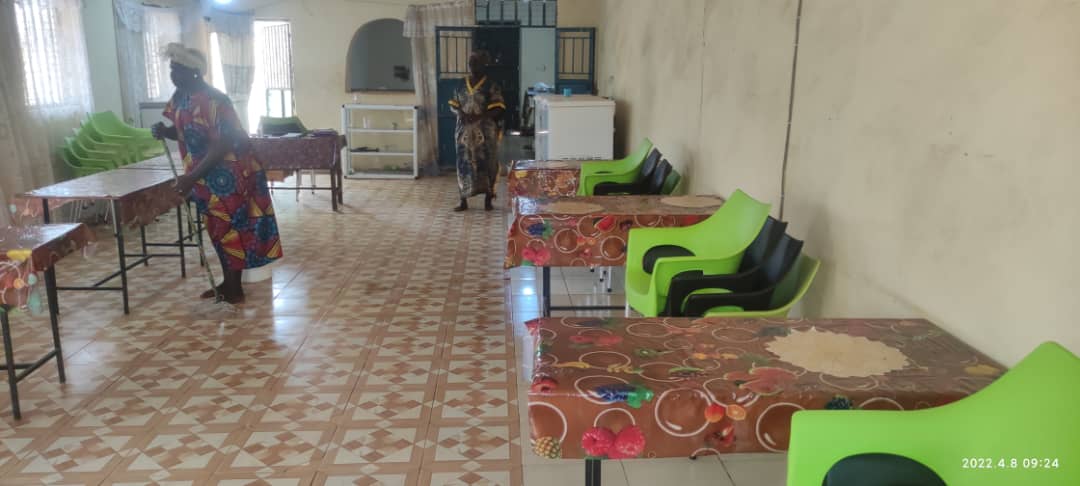By Ruot George
When South Sudan plunged into two rounds of conflict in 2013 and 2016, businesses were disrupted and Small and Medium Enterprises were not spared as many citizens fled for safety to neighbouring countries.
The phenomena left those who rely heavily on small-scale businesses for survival at the mercy of their circumstances.
In Torit, two businesswomen narrated their ordeals to Juba Echo and conveyed hope that business picked up since the signing of the Revitalized Agreement on the Resolution of the Conflict in South Sudan in 2018.
Eunice Athanasious, a dealer in alcohol and foodstuffs, recalled how helpless she was after losing her husband during the war of liberation.
“There are a lot of challenges. Before the war of 2013, business was good, prices were stable,” she told Juba Echo exclusively in an interview in Torit.
“I lost my husband during the war for independence, my children are suffering but even if there are difficulties I have to do everything I can to push on my business for my children to survive,” Athanasious added.
The 2013 conflict left over 400, 000 people dead, displaced 4 million others and caused economic ruin as oil production, the country’s largest source of revenue, plummeted. This got worse in 2016.
A peace signing two years later and its subsequent implementation in 2020 came as a game-changer for businesses as refugees willingly return from neighbouring countries to rebuild their lives.
This was boosted by a government’s initiative to use oil proceeds to build roads in a bid to improve infrastructure and the ease of movement.
Athanasious, a 42-year-old and a mother of 11 children is optimistic she can use her food business to bring up her children well if the current development trajectory holds.
“My business currently has eight employees paid on a daily basis according to the time they work in the restaurant,” she said.
Athanasious is not the only woman fighting her way out of the financial misery inflicted on her by the conflict.
Lily Hidite Nartisio (40) owns Ikeja Asuat Enterprise in Torit. She is also optimistic that the relative peace experienced by the country for four years and counting, has seen a remarkable improvement in business.

She revamped her business with a timid action, picking grass from the bushes to make brooms. She would then batter them with sorghum until she got some money, and now Natisio can boast of a bar. She urged women to remain resilient.
“My advice to my fellow women is that it’s not easy but if you give up, you will have failed totally in your life but one thing I can tell you is that in every aspect of your life, you have to be committed, determined and just put all your heart in your work,” Nartisio told Juba Echo.
“There is nothing you can change overnight.”
Despite challenges coming up, Nartisio is confident that with peace, she will rise to the helm.
“I had 20 employees but due to many challenges, I reduced the number to 13, I have different pay structures, the person on the highest pay gets 2500SSP per day, some get 2000 SSP and the least get 1500SSP depending on how long you have worked,” she said.
What remains to pacify South Sudan completely are pockets of devastating intercommunal conflicts.
Such conflicts pit communities against each other, caused by cattle raids and revenge killings reversing gains made in people’s livelihood. Nartisio urged the government to maintain the prevailing peace.
“My message to leaders is that we got our independence, thanks to God and congratulations to our leaders for working hard for our country,” Nartisio said. “Secondly, it’s good to build our country, let us have permanent peace in our country.”
Athanasious too echoed Nartasio in the plea for peace.
“End the crisis forever and allow us to rebuild our lives,” she said.
“I know that government is trying all it can but they cannot be able to provide everything to all the population that is why we the women with kids whose husbands are on the frontlines as military personnel are struggling to put food on the table by starting small businesses to pay for school fees.”




